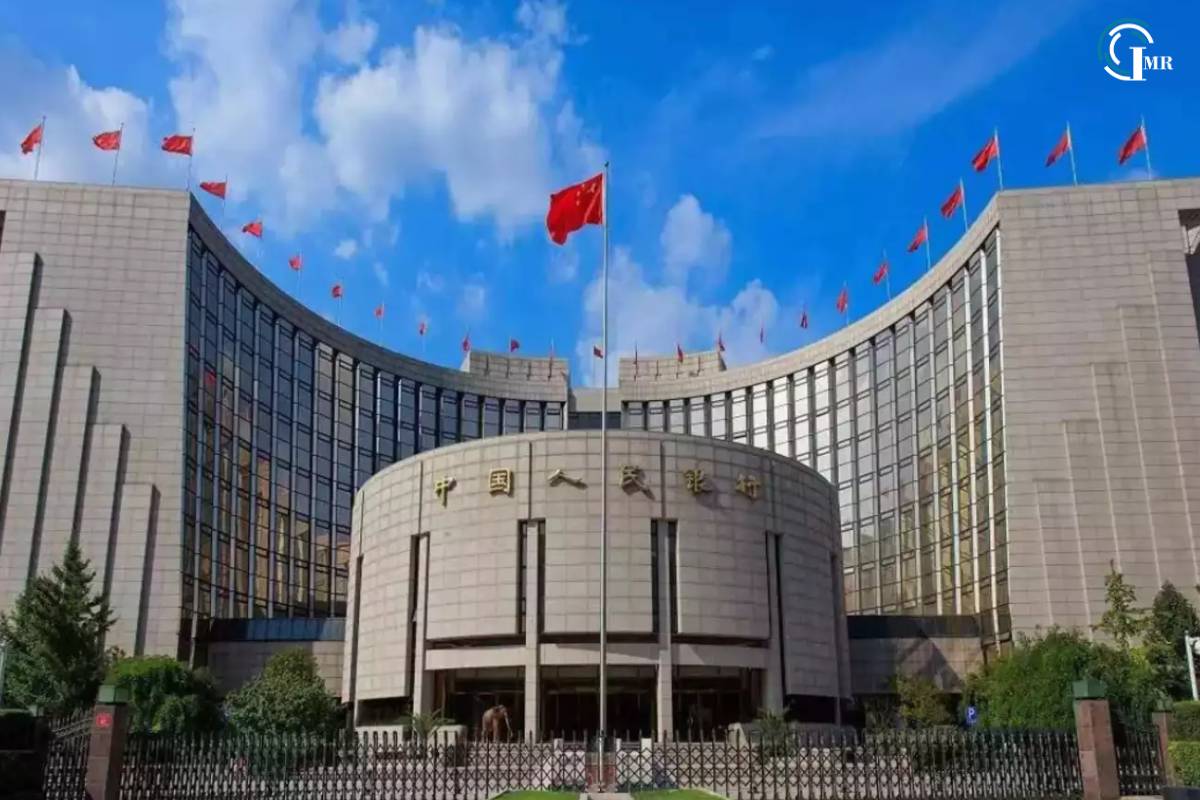China Slashes Interest Rate Amid Economic Downturn

(Source-economictimes.indiatimes.com)
Unexpected Rate Cut Amid Market Turmoil
In a surprising move, China slashes interest rates on Thursday, marking Beijing’s second intervention this week to counteract a sluggish economy and a housing market crisis. This unexpected action occurred as Asian stock markets experienced significant declines, mirroring Wall Street’s sharp fall the previous day. Market indexes plummeted between 1 to 3 percent in Australia, Japan, South Korea, and Hong Kong.
However, the impact on share prices in Shanghai and Shenzhen was less severe. This could either indicate a positive response from investors to the central bank’s rate cut or suggest intervention by the Chinese government, which maintains a substantial influence over the country’s stock markets.
China Slashes Interest Rates: Details of the Recent Reduction
As trading commenced in China on Thursday, the People’s Bank of China announced a reduction in the one-year loan interest rate for commercial banks, lowering it from 2.5 percent to 2.3 percent, as China slashes interest rates. This rate cut is the largest since April 2020, during the initial lockdowns of the COVID-19 pandemic that crippled the Chinese economy. The one-year rate serves as a crucial benchmark for commercial banks when setting loan interest rates for corporate customers and local government financing units. Although Beijing prohibits direct borrowing by local governments from banks, it permits them to establish financial units that can do so.
Currently, many of these financial units are heavily indebted, forcing local governments to slash the salaries of teachers and other civil servants to manage cash flow.
This one-year rate cut follows the central bank’s Monday decision to reduce other controlled rates. These actions come in the wake of a recent Communist Party leadership meeting on economic policy, which failed to deliver the comprehensive course correction many economists had advocated for.
China surprise: rates cut to boost fragile economy
Implications and Risks of the Rate Cut
The recent rate cut underscores the Communist Party’s continued focus on achieving economic self-reliance through further investment in high-tech industries, rather than shifting towards increased consumer spending. Lowering rates now, rather than waiting for a potential U.S. Federal Reserve rate cut in the fall, risks encouraging Chinese companies and households to move their money out of the country in search of higher interest rates elsewhere. This could further weaken China’s currency, the renminbi, against the dollar.
Additionally, lower rates might rekindle speculative borrowing schemes that previously posed significant challenges for Beijing. Despite these risks, Eswar Prasad, a Cornell University economist specializing in China’s monetary policy, believes that the immediate priority is supporting economic growth. “Supporting growth is taking precedence over other objectives, such as limiting financial risks or preventing currency depreciation,” Prasad stated.
This latest move by China’s central bank highlights the balancing act between stimulating the economy and managing financial stability and currency strength.




.jpg)
Comments